|
|
|
|
Nau mai hoki mai and hello again.
Since signalling an effective three-year wage freeze for most public servants a week ago, the government has been busy arguing the whole policy has been misinterpreted – right down to it not really being a wage “freeze” at all, but rather an attempt to prioritise those on the lowest incomes.
But is that really the case? As Canterbury University economist Laura Meriluoto writes, trying to help the less well off by capping the incomes of the better off is a strategy that could lead to all kinds of unintended consequences.
And, as Waikato University’s Al Gillespie so entertainingly argues, the law of unintended consequences was a lesson former prime minister and arch interventionist Robert Muldoon learned some decades ago.
There is plenty more to read in this newsletter and on our homepage, including an enlightening look at pop star Billie Eilish’s corseted cover shoot for Vogue, and the latest research into the likely impact of climate change on the planet’s already struggling coral reefs.
Thanks as always for your support and readership. Until next time, mā te wā and all the best.
|
Finlay Macdonald
New Zealand Senior Editor & NZ Editor: Politics, Business + Arts
|

|
|
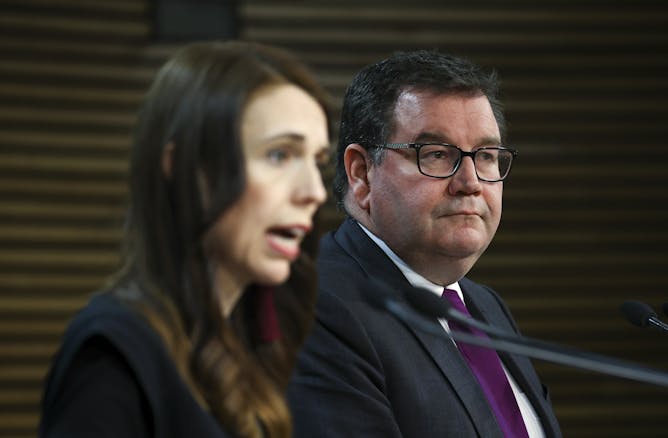
Good intentions, bad reactions: Prime Minister Jacinda Ardern and Finance Minister Grant Robertson.
GettyImages
Laura Meriluoto, University of Canterbury
If the proposed public sector wage freeze is aimed at improving the lot of lower paid workers, there are better alternatives the government should consider.
|

Morgan Pratchett, ARC Centre of Excellence for Coral Reef Studies
Christopher Cornwall, Te Herenga Waka — Victoria University of Wellington; Verena Schoepf, University of Amsterdam
A study of 183 coral reefs worldwide quantified the impacts of ocean warming and acidification on reef growth rates. Even under the lowest emissions scenarios, the future of reefs is not bright.
|

www.shutterstock.com
Alexander Gillespie, University of Waikato
Were he still alive, former prime minister Robert Muldoon might have warned the Labour government about the trouble a wage freeze can get you into.
|

Craig McDean for British Vogue
Rachel Boddy, Te Herenga Waka — Victoria University of Wellington
Billie Eilish received criticism for wearing an 'oppressive' corset on the cover of Vogue. But for centuries, the clothing gave women support in work, and in play.
|

Florian Gaertner/Getty Images
Claire Badenhorst, Massey University
Researchers have explored many factors that affect iron levels, including diet and exercise, but we don't yet fully understand the role women's reproductive hormones play in regulating iron uptake.
|

James D. Morgan/Getty Images
Michael Plank, University of Canterbury; Andrew Chen, University of Auckland
The trans-Tasman travel bubble has come to a temporary regional halt three times now, highlighting the challenges in tracking the risk of an outbreak across jurisdictions with different systems.
|
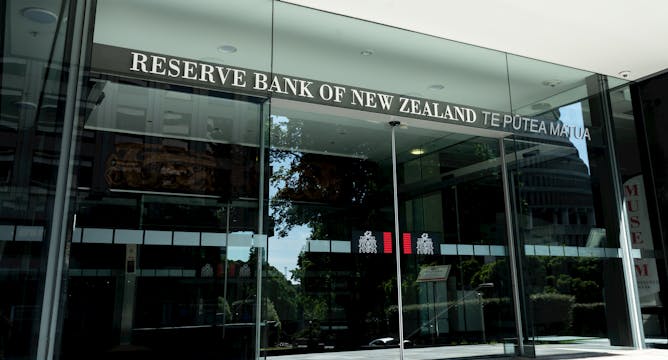
www.shutterstock.com
Martien Lubberink, Te Herenga Waka — Victoria University of Wellington
New Zealand's financial system is sound but still vulnerable, according to the Reserve Bank. But without better evidence there's too much room for fear-mongering and confusion.
|
From our international editions
|
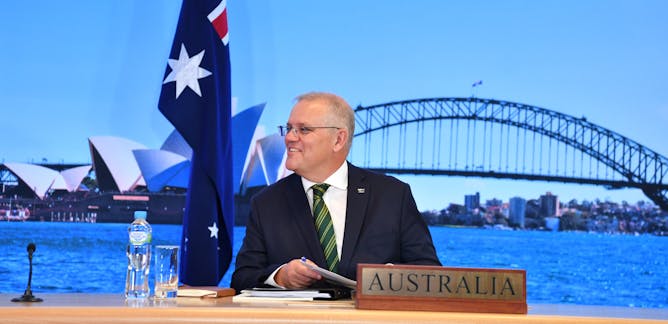
Natasha Kassam, Australian National University
Although Australians are generally supportive of closed borders, they are split on whether the pandemic has been a boon for national unity and social cohesion.
| |
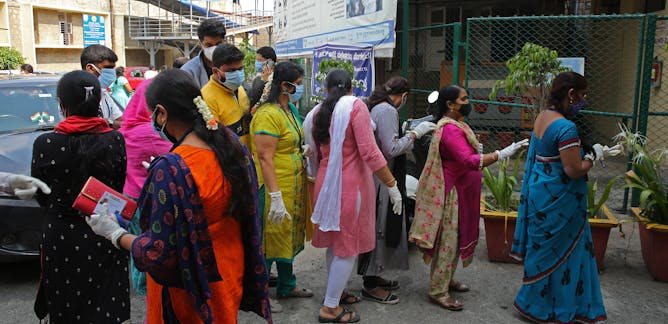
R. Ramakumar, Tata Institute of Social Sciences
The Indian government has been keeping an eye out for India's vaccine producers by not approving any other vaccines, and by letting them charge what they want. It's the people who are suffering.
|

Anna Kosovac, The University of Melbourne
Pipelines, dams, gadgets: does water management really need to be all about control and power? Adopting less masculine ideas and working with nature may be more prudent.
| |

Kristine Bowman, Michigan State University
Each state has its own rules for which vaccines kids must have to attend school and the reasons students can opt out.
|

Daniel Broby, University of Strathclyde
The digital yuan could make transactions faster, cheaper and more transparent, but there are dangers for the global economy.
| |
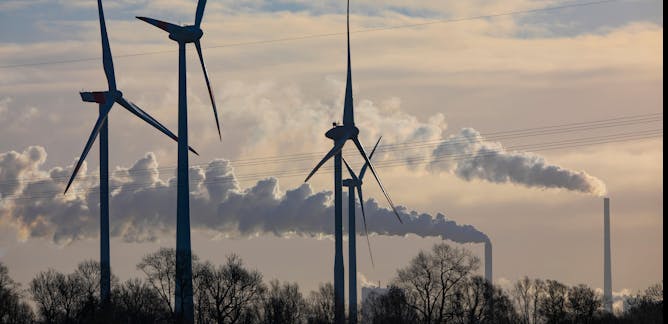
Richard Black, Imperial College London; Steve Smith, University of Oxford; Thomas Hale, University of Oxford
We shouldn't allow disingenuous uses of net zero to discredit the concept as a whole.
|

Abdil Mughis Mudhoffir, The University of Melbourne
The institutional design of BRIN allows for political intervention, showing how the Indonesian government is unwilling to prioritise research and technology.
| |
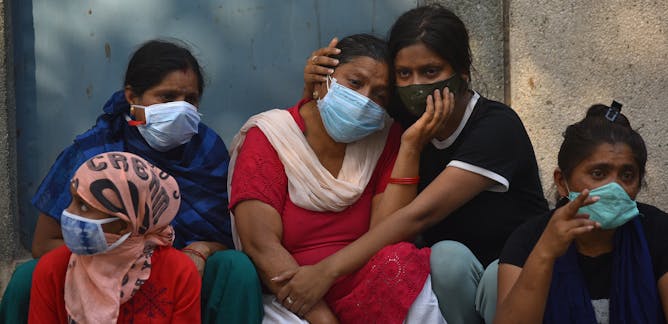
Rob Reddick, The Conversation
Pressure is mounting to get COVID vaccines to where they are most needed.
|

Beth Daly, University of Windsor
Dogs might be helping people through the pandemic, but should we be concerned by unprepared, impulsive dog purchases?
| |

Kester Onor, Covenant University
Reforms that will entrench constitutionalism, the rule of law, and political inclusion will solve Africa's security problems, not moving the US Africa Command headquarters to the continent.
|
|
|
| |
| |
| |
| |
| |
| |
|
|
|
|
|
|
|